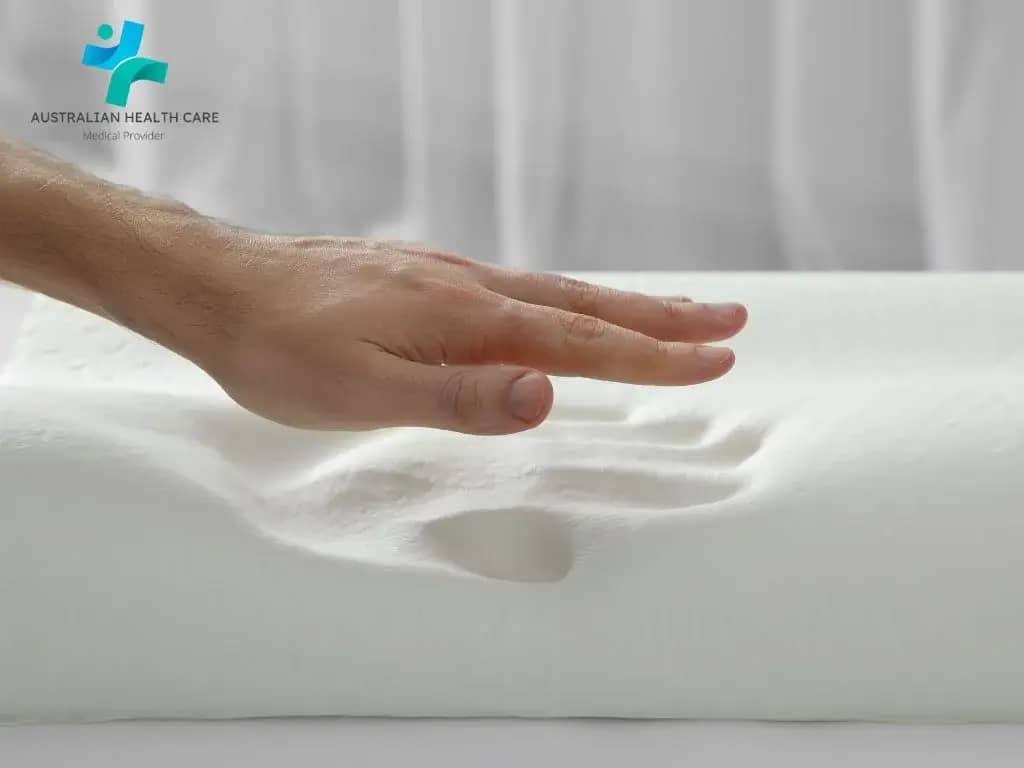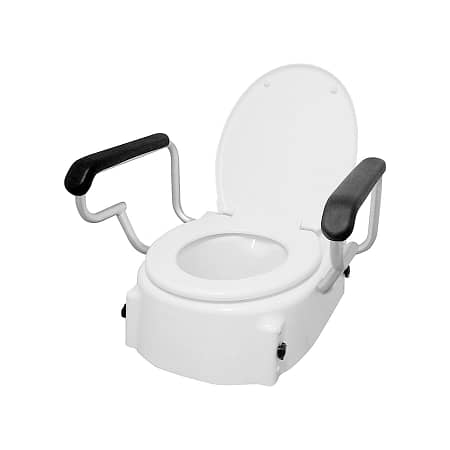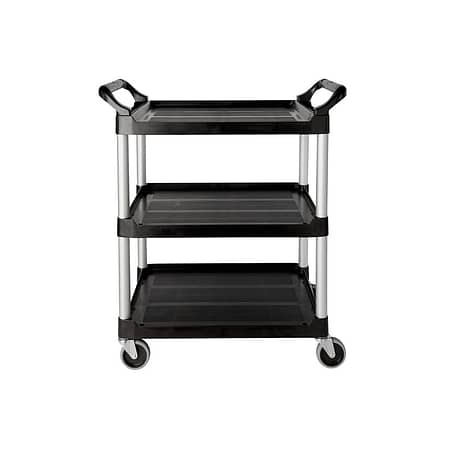How can I choose the right seat cushions for my specific seating needs or medical condition?
Mastering the Art of Selecting the Perfect Seat Cushion
Selecting the ideal seat cushion is more than just picking a soft spot to sit; it’s an art that combines comfort with health considerations. The right cushion can transform your seating experience, providing not only comfort but also crucial support to various body parts. Whether it’s for an office chair, a car seat, or for specific medical needs, choosing the right cushion involves understanding different materials, shapes, and designs that cater to individual preferences and health requirements. From enhancing posture to alleviating pain, the perfect seat cushion is a key element in maintaining overall well-being while seated.
Exploring the Variety of Seat Cushions
Memory Foam Cushions
Memory foam cushions, known for their body-conforming properties, offer unparalleled support by evenly distributing body weight. Ideal for prolonged seating, these cushions adapt to body shape, providing relief from pressure points and enhancing comfort, especially for individuals spending extended periods at a desk or driving.
Gel and Inflatable Cushions
Gel cushions bring a cooling effect and added support, making them suitable for those prone to overheating or requiring extra cushioning. Inflatable cushions, on the other hand, offer adjustability in firmness, catering to varying comfort needs and making them a versatile choice for travel and home use. Each type has unique benefits, catering to different preferences and situations.

Seat Cushions for Specific Medical Conditions
Cushions for Lower Back Pain
For those suffering from lower back pain, ergonomically designed cushions that promote proper spine alignment are essential. These cushions often have a contoured shape, providing critical support to the lumbar region, thereby reducing strain and discomfort during prolonged sitting periods.
Options for Sciatica and Coccyx Issues
Individuals dealing with sciatica or coccyx issues can benefit from cushions with a cut-out design or enhanced tailbone support. These specialized cushions alleviate pressure on the coccyx, and distribute weight more evenly, thus offering relief from pain associated with these conditions, particularly when sitting for long durations.
Importance of Cushion Material and Quality
The material and quality of seat cushions play a pivotal role in determining their comfort and durability. Memory foam, renowned for its body-conforming abilities, offers excellent support and comfort, making it ideal for prolonged use. Gel cushions, on the other hand, provide a unique cooling effect and are highly effective in distributing weight evenly, thus reducing pressure points. The longevity and performance of these materials depend on their density and quality. High-quality materials not only ensure lasting comfort but also retain their shape and supportive features over time, making them a worthwhile investment for anyone seeking enhanced seating comfort and posture support.
Ergonomics and Supportive Design
Ergonomic and supportive design in seat cushions is key to promoting proper posture and preventing discomfort during extended periods of sitting. These cushions are crafted to align with the natural curvature of the spine, offering targeted support to crucial areas such as the lower back, hips, and thighs. By ensuring a balanced distribution of weight and reducing strain on the body, ergonomic cushions play a significant role in mitigating issues like back pain and fatigue. Ideal for both office environments and personal use, these cushions are not just about comfort but also about maintaining a healthy posture, which is essential for overall well-being and productivity.
Size and Shape: Finding the Right Fit
Matching Cushion to Body Type
Selecting a seat cushion that aligns with your body type is essential for maximum comfort and support. For larger individuals, a wider and firmer cushion can provide adequate support, while those with a smaller frame might benefit from a softer, more contoured cushion. The key is to ensure that the cushion complements your body’s dimensions, enhancing comfort and reducing pressure points.
Compatibility with Chair Styles
The effectiveness of a seat cushion also depends on its compatibility with different chair styles. Office chairs, car seats, and even wheelchairs each have unique design features, and the cushion needs to fit well to provide proper support. For office chairs, a cushion that promotes upright posture and fits within the seat pan is ideal, while for car seats, a cushion that doesn’t interfere with driving ergonomics is crucial.
Practical Considerations: Maintenance and Durability
Maintaining and ensuring the durability of seat cushions is crucial for long-term comfort and value. Regular cleaning, according to the manufacturer’s instructions, is essential to maintain hygiene and extend the cushion’s life. Many cushions come with removable covers that are machine washable, making them easy to keep clean. For cushions without removable covers, spot cleaning with mild detergent is recommended. Additionally, it’s important to periodically inspect the cushion for signs of wear and tear, such as sagging or flattening, and replace it when necessary. Proper maintenance not only preserves the cushion’s integrity but also ensures continuous support and comfort over time.





















